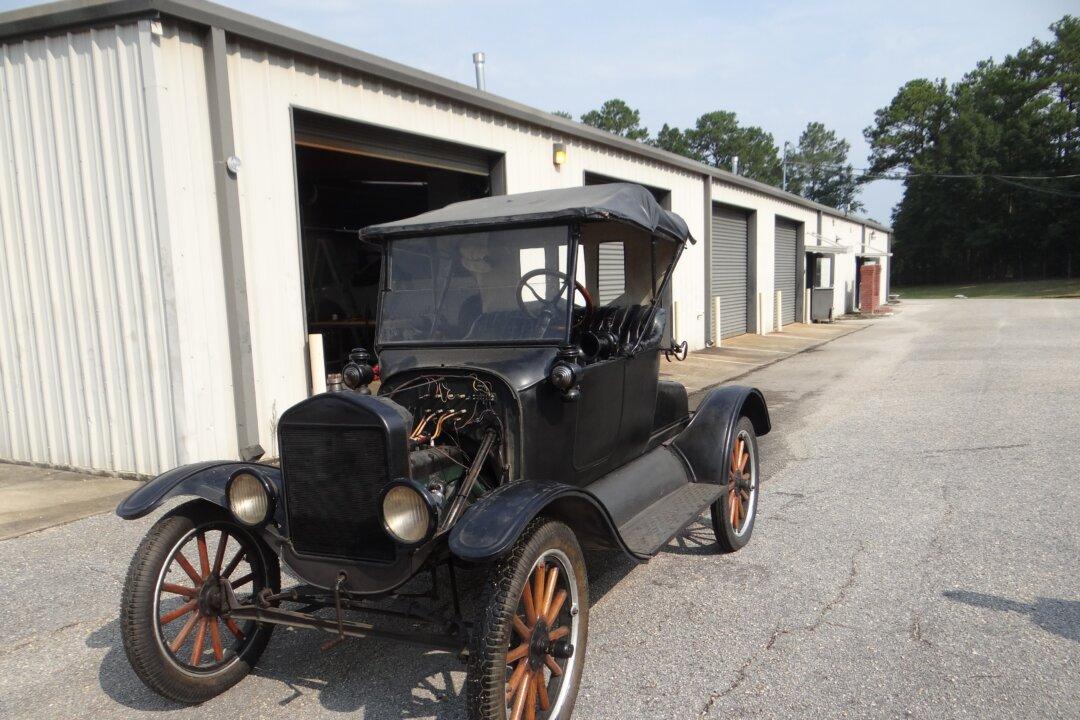Most teachers would want the latest technology for their classrooms. Not many can find a special use for a teaching tool that’s 100 years old.
But if you’re heading up an automotive class, a classic 1923 Model T Ford is something invaluable. Because if you’re going to be a car mechanic, you may as well learn the basics, and nothing gets more basic than a vintage car made a century ago.






